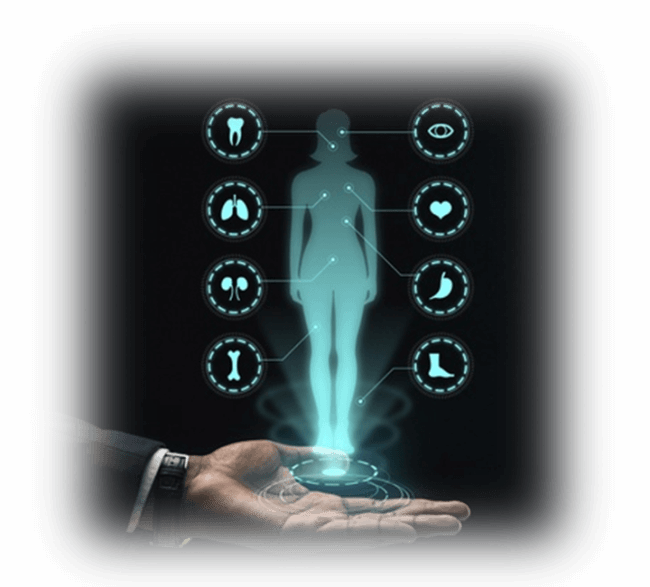Research
In order to provide patients with rare genetic muscle diseases a lifelong support, Pangenia Center of Excellence (CoE) has been pooling talents and increasing resources in Research and Ddevelopment (R&D) in the area. At the same time, Pangenia CoE has been actively participating in institutional scientific research projects as belows.









